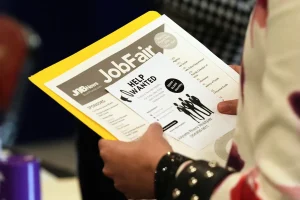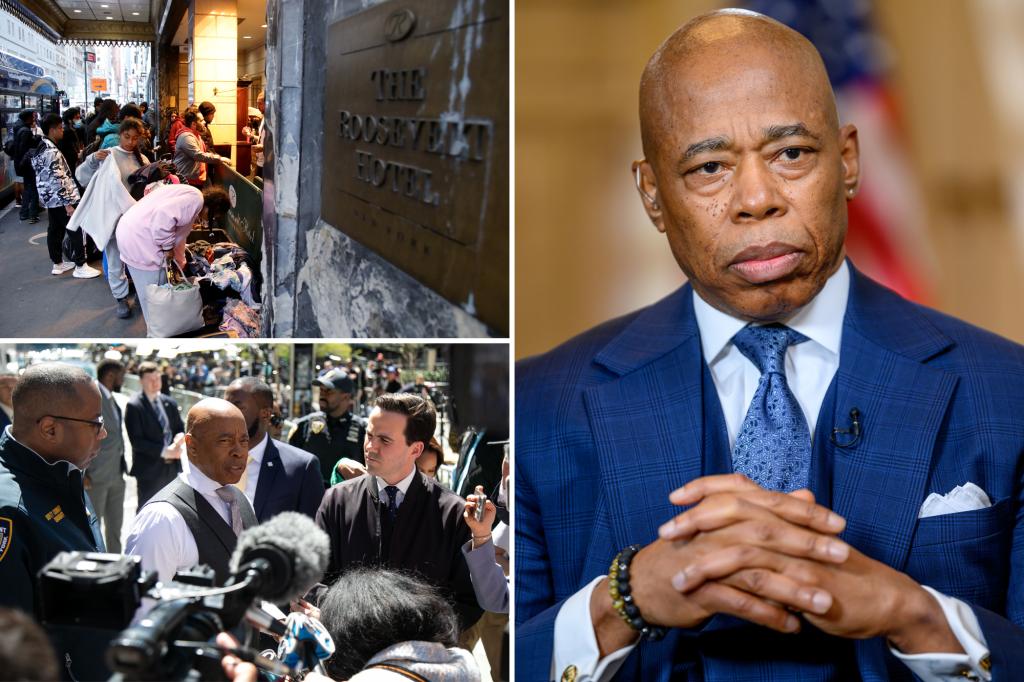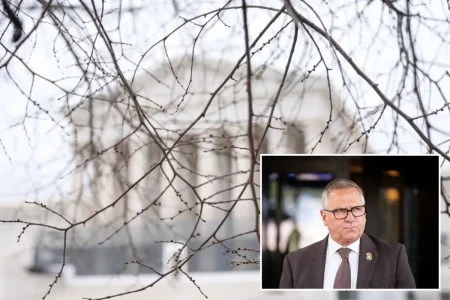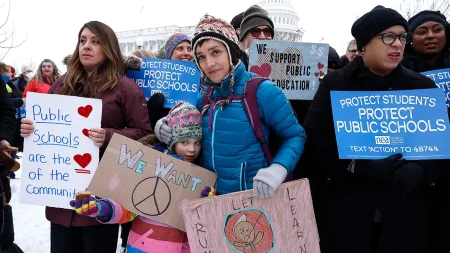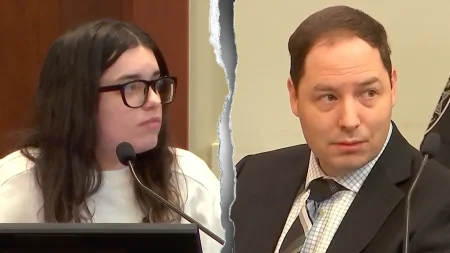2025: A Pivotal Year for Mayor Eric Adams
The year 2025 looms large for New York City Mayor Eric Adams, presenting a confluence of challenges that will determine his political and personal future. Once touted as the "future of the Democratic Party," Adams now faces a precarious path to re-election, grappling with declining approval ratings, a federal corruption trial, and a multitude of complex urban crises. His ability to navigate these turbulent waters will define not only his legacy but also the trajectory of New York City in the coming years.
One of the most significant hurdles Adams faces is the federal corruption trial scheduled for April 2025. Indicted on charges of accepting bribes and illegal campaign contributions, Adams has pleaded not guilty and vowed to remain in office. However, the trial itself will undoubtedly be a major distraction, consuming time and resources as he simultaneously campaigns for re-election. The looming possibility of conviction adds another layer of uncertainty, potentially forcing him from office and leaving a leadership vacuum in City Hall. Even if acquitted, the trial could irrevocably damage his reputation and further erode public trust.
Adding to the pressure is a potentially crowded Democratic primary field. Several prominent leftist figures, including Comptroller Brad Lander, former Comptroller Scott Stringer, and State Senators Jessica Ramos and Zellnor Myrie, are potential contenders. Furthermore, the potential resurgence of former Governor Andrew Cuomo, a fellow centrist, presents a significant challenge. Cuomo, despite his resignation amidst a sexual misconduct scandal, retains a degree of name recognition and political clout that could make him a formidable opponent. Adams’ ability to secure the Democratic nomination will depend on his capacity to galvanize support amidst this competitive landscape.
Beyond the political arena, Adams confronts a series of interconnected urban crises. The ongoing influx of migrants has strained city resources and exacerbated the existing homeless crisis. With over 226,900 migrants arriving since April 2022, the city’s shelter system has been overwhelmed, and costs have ballooned to $6.5 billion. While efforts to enforce shelter stay limits have marginally reduced the number of migrants in city care, the overall situation remains precarious. The concurrent rise in the unsheltered homeless population underscores the depth of the housing crisis, further complicating Adams’ efforts to address the issue. While the "City of Yes" plan aims to increase housing stock over the long term, the immediate need for shelter and support services remains a pressing concern.
Adams’ relationship with the City Council further complicates his agenda. The Council’s far-left majority has clashed with the mayor on numerous issues, from the selection of the Council speaker to policy disputes surrounding solitary confinement in city jails. This ongoing tension hampers the city’s ability to address critical issues collaboratively. The pending lawsuit against Adams regarding his executive order on solitary confinement highlights the deep-seated discord and suggests that a contentious relationship will persist into 2025.
The national political landscape also plays a role in Adams’ future. The potential for a renewed Trump presidency introduces an element of unpredictability. While Adams has aligned himself with Trump on certain issues, such as a stricter stance on immigration, he faces pressure from within his party to distance himself from the former president. The possibility of a Trump pardon should Adams be convicted further complicates the dynamic, potentially offering a lifeline while simultaneously intensifying criticism from political opponents.
Governor Kathy Hochul’s actions also hold significant implications for Adams. While she has thus far refrained from removing him from office, she has reportedly exerted pressure behind the scenes for changes within his administration. This delicate balance of power leaves Adams vulnerable, dependent on maintaining a working relationship with the governor while simultaneously fending off potential challenges from within his own party. The governor’s decision-making in the coming months will significantly impact Adams’ political survival.
Finally, the state of the NYPD presents another critical challenge. While overall crime has decreased under Adams, a series of scandals, including the recent resignation of Chief of Department Jeffrey Maddrey, has tarnished the department’s image. Restoring public trust in the NYPD will be crucial for Adams as he seeks to maintain order and address public safety concerns. The ongoing crisis at Rikers Island, with the looming threat of federal receivership, further complicates the situation, demanding immediate attention and significant resources.
In conclusion, 2025 will be a defining year for Mayor Eric Adams. He faces a daunting array of challenges, from a federal corruption trial and a competitive re-election campaign to complex urban crises and strained political relationships. His ability to navigate these challenges will determine not only his political fate but also the future of New York City. The coming year will test his leadership, resilience, and capacity to address the multifaceted problems facing the city. Whether he can regain public trust, effectively govern, and secure a second term remains to be seen. The stakes are high, and the outcome will have profound consequences for New York City and its residents.
